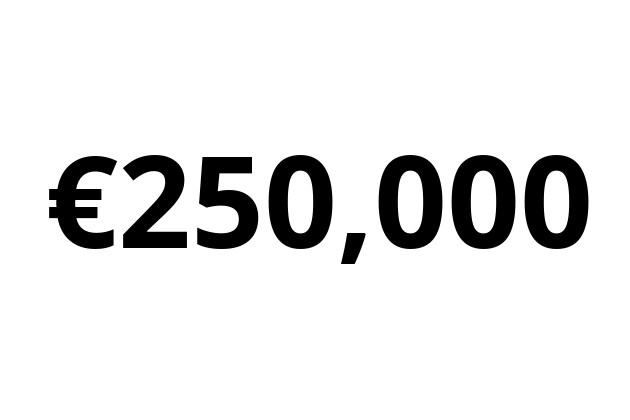Tens of thousands have fled from Ethiopia to Sudan since the outbreak of war in Ethiopia’s Tigray region in November. Millions have been displaced internally. The region’s ruling party was ousted from the regional capital Mekelle by the federal government under prime minister Abiy Ahmed.
The EU on 19 December said it had increased humanitarian funding for the region by €23.7m. The bulk of the money will go to humanitarian partners working in Ethiopia, with €2m given to Sundan to help with the influx of refugees. €2.9m will support neighbouring Kenya to secure food supplies for refugees.
In addition to giving money, Luxembourg has deployed three emergency workers who arrived in the south of Sudan on 20 December as part of the International Humanitarian Partnership network.
They are setting up housing and makeshift offices for humanitarian aid workers. Luxembourg has also offered three emergency.lu satellite communication units to connect camps.
The Ethiopian government has accused the Tigray People’s Liberation Front of sponsoring ethnic-based terrorism, with the fighting portrayed as a law enforcement operation.
The TPLF was ousted from federal government in 2018 after decades in power but Mekelle remained its stronghold.
Elections in August 2020 were cancelled over coronavirus fears but the TPLF organised a regional ballot in September, which it won. The federal government has refused to recognise their results.
Prime minister Abiy won the Nobel Peace Prize in 2019 for his efforts to end conflict with neighbouring Eritrea. He now faces allegations of targeting ethnic Tigrayans and although he declared military operations ended on 28 November, fighting has continued since with reports of Eritrean soldiers also targeting the Tigrayans.
Abiy told UN secretary general Antonio Guterres on 9 December that no Eritrean troops had entered Ethiopia.
The UN Refugee Agency had appealed for $147m from its member countries to help support refugees in Sudan.
